News
Overcoming Gamer Resistance to NFTs: Key Strategies for Success
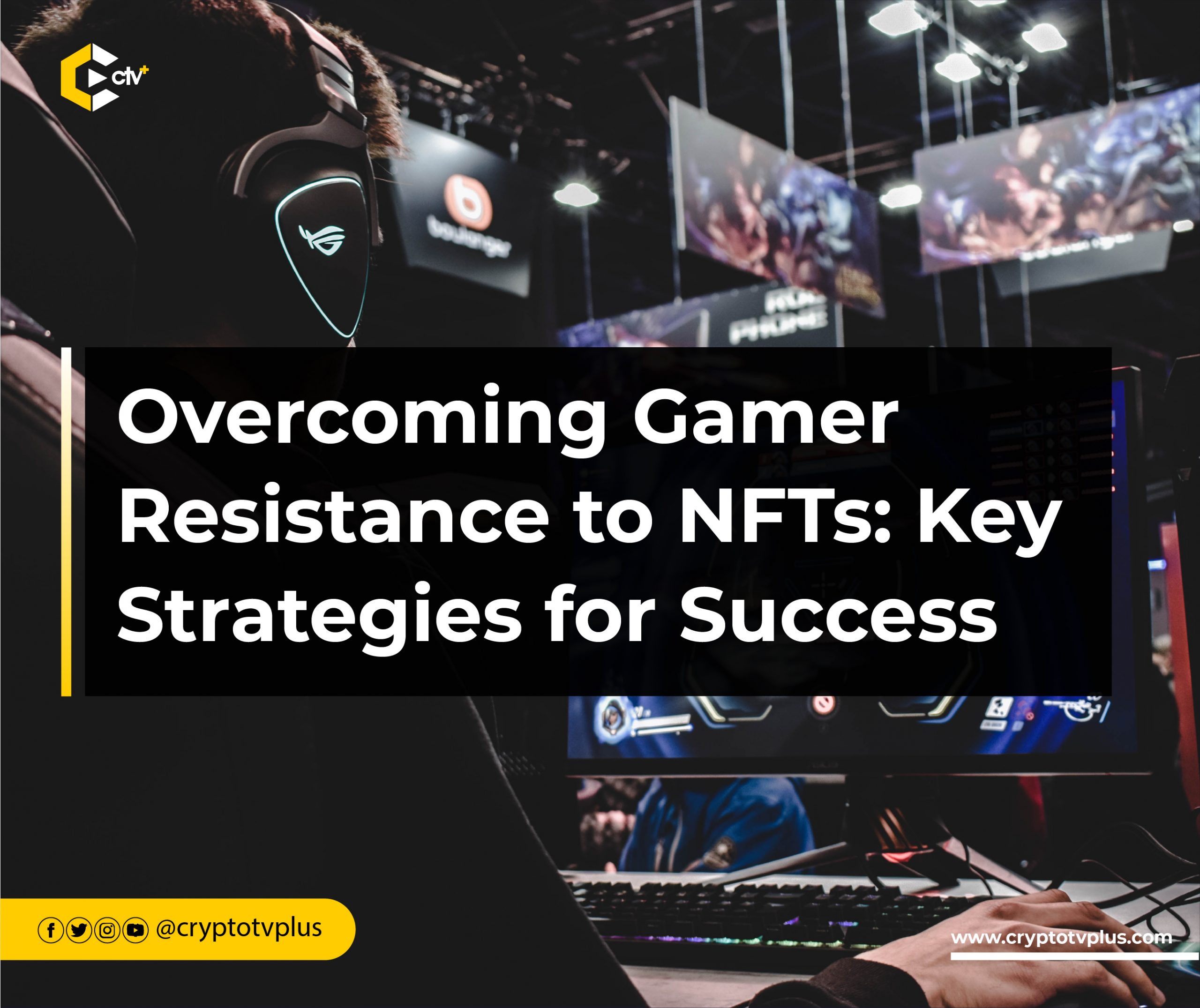
It is no secret that the kind of games released in the Web3 space are not as attractive as those in Web2. This has caused part of the delay in onboarding gamers from Web2 to Web3. A major aspect of this is gamers’ perception of NFTs.
Philip Tuomey, a Software Engineer, explained at ETHCC Paris the reasons why gamers have concerns about NFTs and what can be done to make Web3 games more alluring.
First, he highlighted the impressive growth in the web3 gaming industry, with web3 gaming studios raising around 4.5 billion in 2022, which was approximately 62% of all funds raised in the crypto space in the same year.
He also noted that over 70% of blockchain usage is attributed to gaming transactions, indicating the industry’s significance.
So what are the core issues?
Pay-to-Win model
Philip noted that gamers perceive NFTs as a pay-to-win mechanism, where players with more financial resources can gain unfair advantages in the game. He described it as a “pay-to-win” system and “a pattern that people don’t like.”
He added that the notion of NFTs in Web3 games makes it feel like players must have enough money to buy NFTs before they can play and enjoy any game.
Perceived Exploitation
Furthermore, on the reception of Web3 games, he added that players who have already paid for the game dislike the notion of additional costs for in-game assets, considering it an exploitation of users.
“It’s perceived as an exploitation of users” as players who have already paid to play are demanded to pay more to buy in-game items. “They don’t want to pay for extra assets and stuff in the game,” he said.
Lack of Quality in Early Web3 Games
Another reason for resistance to Web3 games is that they lack quality. “Rushed releases of web3 games have resulted in subpar gameplay and diminished enjoyment for users,” Philip said.
During the early days of web-based games, many companies faced challenges in delivering high-quality products. They rushed to release games quickly to be the first in the market, but this often led to a lack of playability and enjoyment.
He added that building a good game takes time, and the pressure to raise money and be competitive compromised the overall quality of these early web games.
To address these problems, the developer said that it will require four steps:
Rebranding NFTs and improving user experience
Philip emphasized the importance of rebranding NFTs to improve their acceptance among gamers. Referring to NFTs as “digital collectibles” rather than “NFTs” proves to be more appealing and intuitive for users.
He cited an example of how Reddit uses digital collectibles instead of NFTS for its version of Non-fungible tokens, and the community loves it.
He added that improving user experience is an important element for seamless onboarding, reducing barriers to entry, and attracting a wider gaming audience.
“At the moment UX is poor enough and people who are not native to crypto struggle with wallets” and another transaction process that should be easy to do.
Emphasizing Fair Play
The next step that should be taken is to transition Web3 games from Pay-to-Win to Free-to-Play. Philip said that shifting from pay-to-win models to free-to-play options is pivotal in overcoming gamer resistance.
Skill-based progression and fair play without financial barriers lead to enhanced long-term engagement and a broader player base.
Showcasing Utility
His third recommendation is to ensure that NFTs add real value beyond just speculation, as is seen today. To enhance user acceptance, Philip suggested that game developers should focus on the utility NFTs can offer.
Early access to games, exclusive swag, and cross-game integration are examples of added value that can drive user adoption.
Listening to the Players
Lastly, he noted that community engagement matters. Incorporating player feedback is vital for building trust and gaining acceptance.
Regularly engaging with the gaming community through social media and platforms like Discord can help developers understand player preferences and expectations better.
Read also; Ethereum Layer 2 Meetup Comes to Nairobi and Lagos



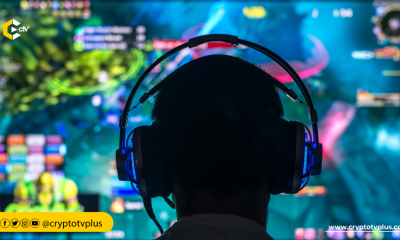

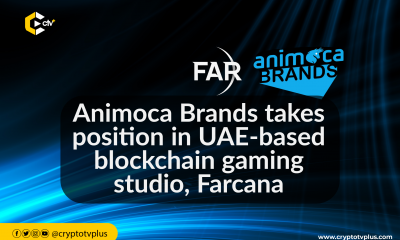

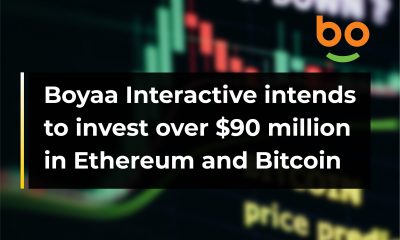

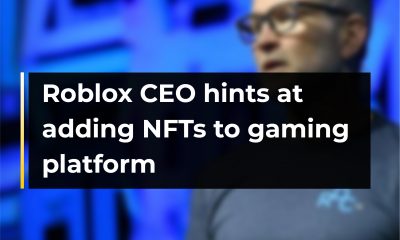

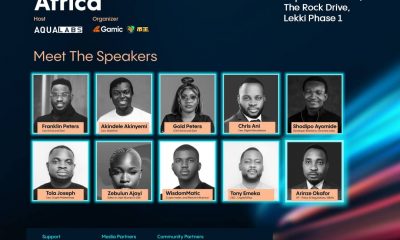













Pingback: Overcoming Gamer Resistance to NFTs: Key Strategies for Success | CryptoTvplus – AIoT World News